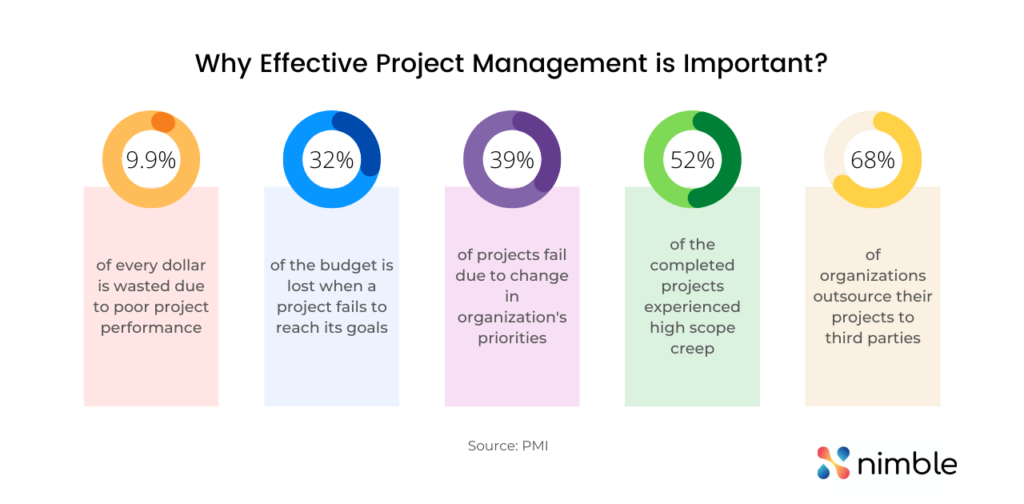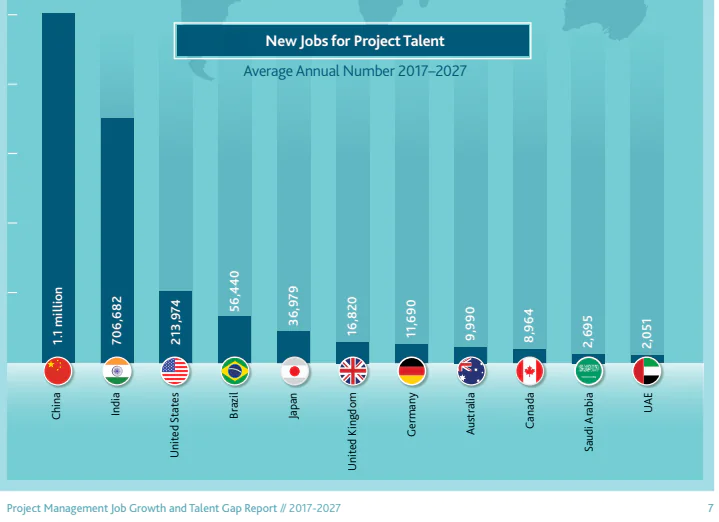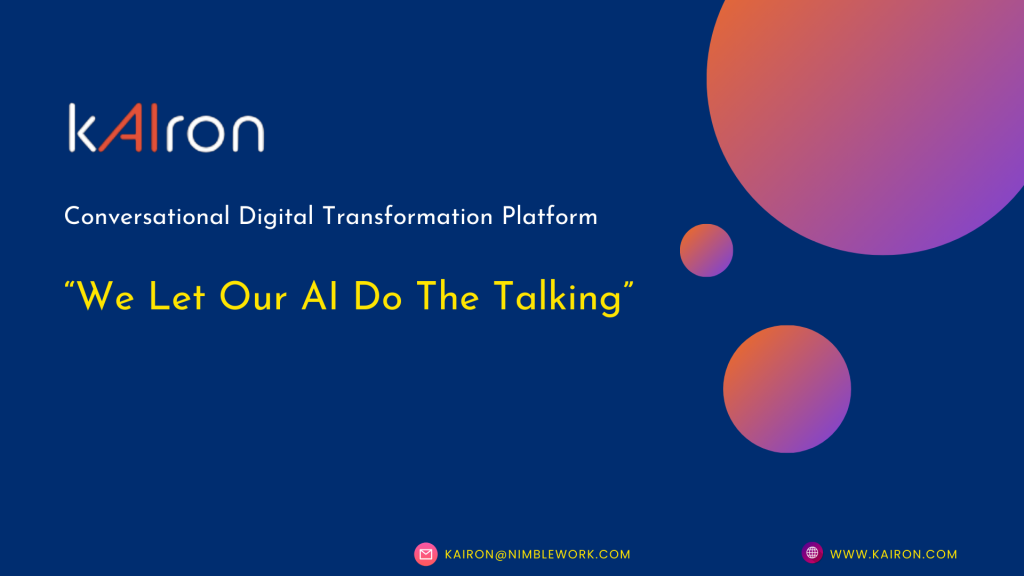The Importance of Project Management For Organizations
- 6 mins read
-
By Simli Saha
- Updated on November 16, 2023

In the dynamic landscape of the modern global economy, organizations seek a competitive edge through strategic initiatives. The paradigm has shifted, with project-related investments taking precedence over traditional operational expenses.
As Antonio Nieto-Rodriguez notes in “The Project Economy has Arrived” effective project management emerges as a linchpin for driving transformative change, innovation, and organizational improvement. Join us as we delve into the profound significance of project management for organizations navigating this era of constant evolution and heightened expectations.
Consequently, the discipline of project management has become more crucial than ever to organizations. A strong project management discipline starts at the portfolio level, where the strategic vision drives initial investments and where value measures are established. A fully aligned project, program, and portfolio management strategy encompasses the entire organization to meet overall company objectives.
According to a survey conducted by consulting giant McKinsey & Co., nearly 60 percent of senior executives consider building a strong project management discipline a top-three priority for their companies as they look to the future. Leading organizations across various sectors are embracing project management for greater efficiencies and organizational success. Executives discovered that adhering to project management methods and strategies reduced risks, cut costs, and improved success rates.
Implementing project management across the organization helps create a strategic value chain that gives companies an edge on their competitors. For professionals looking to enhance their project management skills, project management online courses can be an invaluable resource. These courses offer comprehensive insights into the best practices, methodologies, and tools used in successful project management. They provide participants with the flexibility to learn at their own pace, making it convenient for busy executives and professionals to upskill and stay competitive in their industries.
As per the Economist Intelligence Unit survey, 90% of global senior executives ranked project management methods as either critical or somewhat important to their ability to deliver successful projects and remain competitive. As the practice of project management matures—from the portfolio level on down to individual projects—the connections between organizational project management and business value become clearer. And the more involved the executive team is, the better the results.
Why Projects are Becoming Central to an Organization’s Working?
Projects are often a catalyst for a change in an organization as they bring new products or services, innovations, and other operational improvements in the organization, helping it get ahead in the market, improve profitability, employee and customer satisfaction. Despite projects failing, they establish the foundations for follow-on successes in addition to producing specific, unique, tangible or intangible results, which add much value to the organizations.
-
Unclear objectives/ scope definition
-
Poor planning by project manager
-
Poor communication
-
Unclear roles and responsibilities
-
Unrealistic timelines
-
Poor grasp of project complexity
-
Inadequate senior management/ stakeholder commitment
How Project Managers Bring Value?
Projects become more successful when an effective project manager takes the helm to lead and manage projects and teams. Project managers can use their knowledge, skills and experience to manage the complexities, resolve common issues and keep team members involved in the projects on time and within budget. Successful project managers employ standardized processes and proven techniques to make even the most impossible projects go right. But more importantly, they anticipate issues and risks in advance, by staying on top of project status (often using an effective project management tool), supporting their team effectively and managing customer/ stakeholder communication and expectations at all time.
A study revealed by a consultancy firm Bain & Company states that by 2027 most work will be project-based. As a result, the demand for project managers will grow and the need for good project management will be essential.
Source: PMI
Why is Project Management important?
All organizations have short-term, medium and long-term goals that it seeks to accomplish. To achieve these goals, management must implement specific initiatives that involve investment and effort. These initiatives lead to various programs and projects that ultimately drive the changes needed to meet those goals.
Thus, it is clear that these projects – all projects that a company runs – are critical to meeting their various objectives. Hence, a strong capability in Project management is also critical for important for laying the foundation for a proper project plan for achieving organizational goals.
Let’s understand what kind of projects do organizations execute – to get an idea of why they are important. Understanding why various projects are important helps us understand why project management is important for your organization.
Organizations do projects for various reasons – some of these are described below.
New Products/ Services Introduction
The development and launch of new products or services is probably the most important business growth-related objectives of an organization. These are challenging endeavors involving multiple business functions – and not only need to deliver the right product or service, but must also be done ON TIME in order to exploit rather than miss the window of opportunity. Needless to say, strong project management is mission critical for any organization.
Reducing Costs & Improving Organizational Efficiencies
The other area of significant criticality to an organization is to reduce costs – typically by using strategies such as improving efficiency by improving processes, reducing bottlenecks, deploying automation technologies, and so on.
Implementing any of these again involves doing projects that execute those strategies and help the organization achieve their goals. Depending on the nature and size of the organization, these can again be very complex and challenging projects. Having a strong project management function –
Upgrading Technology/ Delivery Capability
From time to time, organizations must upgrade their capability to design, manufacture and deliver their products, or upgrade their services to meet latest market expectations and technology/ service level standards. Any such upgrade represents a project. While some of them may have a direct impact on topline achievement or growth, the others will represent an impact to bottom line, achieving parity with competition or meeting customer requirements/ expectations.
Improving Customer Satisfaction
As long as an organization delivers a high quality of products and services that delight their customers, they will be able to ensure a high level of customer satisfaction. However, if customer satisfaction scores are dipping, customer complaints are rising or customers are leaving, you know you have a serious problem on your hands.
Even if you don’t yet have a problem, it is an organization’s key objective to continually improve their customer satisfaction (CSAT) ratings and ensure that their customers are truly happy.
Projects in this area could include improving their products or services because they have slipped in terms of quality and customer satisfaction. It could mean building a better and more responsive website or a support system so customers feel they are being heard. It could perhaps mean implementing a customer loyalty program. Each of these represents a mission-critical project that must be done effectively and successfully.
Employee Morale and Satisfaction
It is said, happy employees lead to happy customers. Employee happiness and employee morale is paramount to an organization. Organizations worldwide implement a variety of policies, set up various facilities and strive for an organizational culture – all of which they hope will provide their employees an ideal place to work, be aligned, satisfied, motivated and happy, and produce their best work.
If, over a period of time, employee satisfaction and morale dips, organizations will take up initiatives to understand why this is happening and make changes that reverses the trend and brings the company and all its employees. All of these activities represent projects that must be executed successfully to ensure that the organization has a plentiful supply of its most valuable resource – its people!
Summary
Businesses are facing fierce competition and require a structured approach to handle these challenges, and implement change and improvement initiatives that help them get an edge. Ensuring that these initiatives are successfully implemented is of paramount importance.
These projects can be in any function of the organization – marketing, sales, HR, finance, R&D, product design, and so on. More often than not, they are multifunctional where people from different parts of an organization must come together, successfully run a project and then get back to their original function or move to the next project.
It is thus, crucial, for organizations to develop a strong project management discipline in all of its functions – in order to ensure it has project management and delivery competence across the board. In this day and age, where projects are becoming the bigger part of an organization’s spend, delivering those projects is perhaps an organization’s most crucial capability.
Nimble offers powerful project management solutions leveraging traditional and agile frameworks to plan, organize, execute and track projects. Get in touch with us to find out which of these would be the right ones for you – and for a customized demo.
About Author:
Speed up your Agile planning and execution!
Signup for a FREE Trial of Nimble Agile






